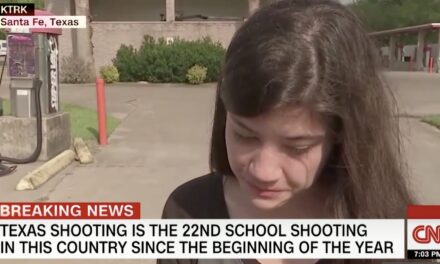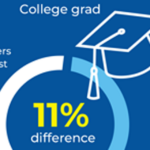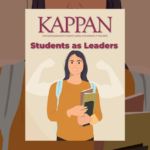This far into 2016, most of us have already probably blown most of our New Year’s resolutions. But writing and reading more carefully about teacher shortages is one commitment that may still be achievable.
It won’t be easy, however. Whether you read education news or produce it, you’re probably getting the “teacher shortage” story wrong, according to a new CALDER explainer (Missing Elements in the Discussion of Teacher Shortages) that just came out.
The main idea of this piece from CALDER — an NCES-funded project run by AIR — is that existing research questions some of the popularly presumed causes of teacher shortages that are described in mainstream news stories:
“The start to the new school year brought about a flood of reporting on a shortage of teachers. Many of these pieces offered similar diagnoses of the teacher shortage… But many readers were left with a very basic conclusion: there aren’t enough teachers to teach all of the nation’s children.”
What’s missing from news accounts of teacher shortages in places like the NYT and NPR, according to CALDER?
Figure 1: Aggregated Number of Degrees in Education (1984-2013)
First and foremost, there’s no massive nationwide teacher shortage. As illustrated in Figure 1 (above), “positive growth in the number of teachers over the long-term is historically insulated from brief economic shocks [like the Great Recession.”
Teachers’ perceptions of working conditions are also less important than typically thought, according to CALDER: “While teachers who cite poor working conditions are more likely to say they will leave their jobs, the link disappears when actual departure rates after one year are considered.”
A recent Washington Post story echoed this point, reporting that “A new [AFT] survey of more than 30,000 U.S. teachers finds that most of them report high levels of stress and low levels of autonomy, but it also shows that they are not ready to bail on the classroom.”
In addition, says CALDER, reporting on teacher shortages often “ignores potential positive benefits of some types of teacher attrition,” according to the paper. “If the teachers who are leaving the classroom are less effective, then the average effectiveness among remaining teachers should improve.”
This echoes a recent piece from Five Thirty Eight, titled Are There Too Few Teachers, Or Too Few Good Ones?.
One last issue is the idea of new teacher retention. Long thought to near 50 percent over the first five years, newer figures cited in a recent Washington Post story suggest that far fewer new teachers are leaving the profession than previously thought:
Screengrab from the Washington Post.
“Among teachers who were new in 2007-8, 17 percent were not teaching five years later – a far lower level of attrition than previously estimated.” (Washington Post)
These and other aspects of the teacher shortage story are often missing in media accounts of teacher supply and demand, according to CALDER.
In particular, Motoko Rich’s New York Times piece is cited as having been problematic. According to researher Dan Goldhaber, “The data [presented in pieces like Rich’s] may lead to a misleading picture of what’s going on nationwide.” The Times story influenced other coverage, he says, but “there are lots of examples of where the media got it wrong.”
Read below for some ideas about how to phrase an education story more carefully. So far as I’ve seen, nobody’s written a wildly misleading teacher shortage story in 2016. It’s a 2016 resolution you can (and should) probably keep.
Related posts: The Tricky Appeal Of The “National Teacher Shortage” Narrative; Beware The Overly Broad “Teacher Shortage” Story; Is There a Teacher Shortage? That Depends How You Frame It (EdWeek)
ABOUT THE AUTHOR

Alexander Russo
Alexander Russo is founder and editor of The Grade, an award-winning effort to help improve media coverage of education issues. He’s also a Spencer Education Journalism Fellowship winner and a book author. You can reach him at @alexanderrusso.
Visit their website at: https://the-grade.org/












